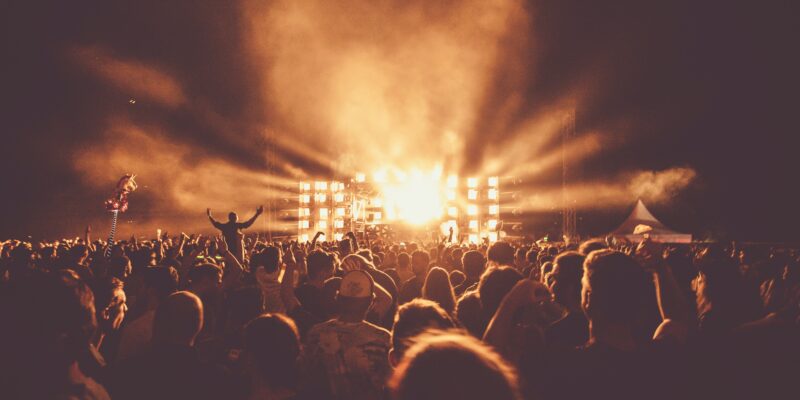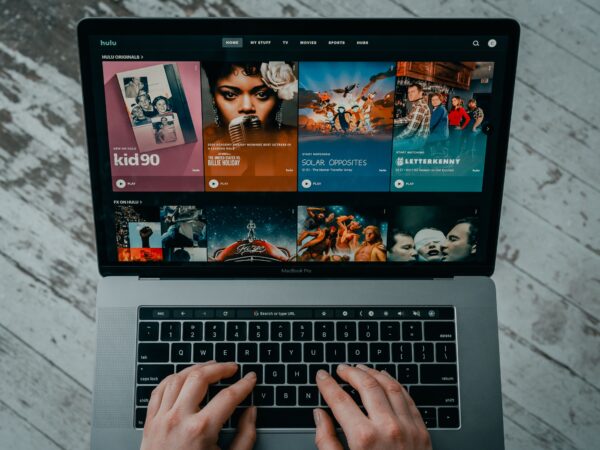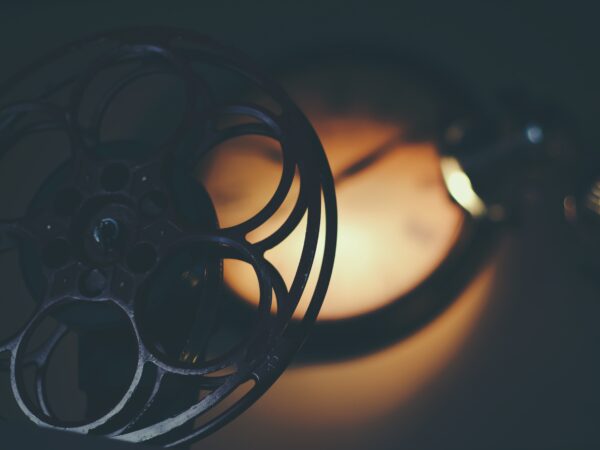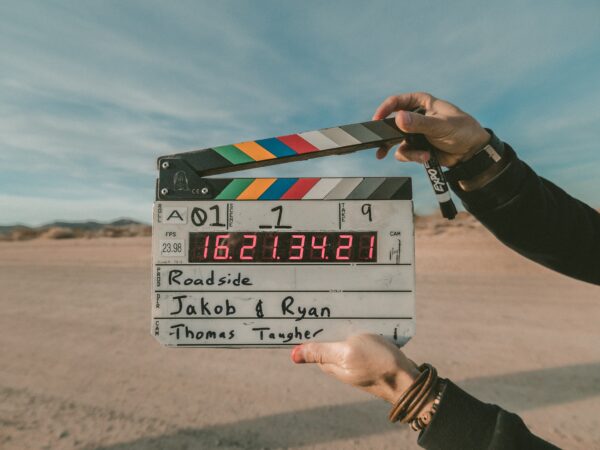Entertainment has been a part of human life since the beginning of time. From the earliest forms of storytelling to the latest technological advancements in virtual reality, entertainment has evolved and adapted through the ages.
Over the centuries, various disciplines have emerged, from literature, music, theater, and film to sports and games. People have sought and enjoyed entertainment as a form of escape, learning, relaxation, socialization, and inspiration.
In this article, we will take a look at the history of entertainment, tracing its evolution from ancient times to the modern era, highlighting the major cultural, technological, and social trends that have shaped it.
Ancient Entertainment
The religious and mythological beliefs largely shaped entertainment through the ages of the ancient world. The Greeks, Romans, Egyptians, and other civilizations performed epic tales of gods and heroes in oral and written forms. These stories served multiple purposes, such as explaining natural phenomena, establishing cultural values, and entertaining people. The earliest form of theater, known as the dithyramb, was invented in ancient Greece around 600 BCE.
It was a choral performance that celebrated the god Dionysus and involved singing, dancing, and acting. The Greeks also developed other theatrical genres, such as tragedy, comedy, and satyr plays, which were performed in amphitheaters, attracting large crowds of viewers.
In addition to theater, ancient people enjoyed various other forms of entertainment, such as music, dance, games, and sports. The Greeks and Romans were particularly fond of athletic competitions, such as the Olympic games, which were held every four years and featured various sports, including running, wrestling, boxing, and chariot racing.
Music was also an important part of ancient culture, with different instruments and styles of singing and playing. The Egyptians, for example, used harps, flutes, and drums, while the Greeks favored the lyre, a stringed instrument.
Medieval Entertainment
Through The Middle Ages were a period of great social and political changes, marked by the decline of the Roman Empire, the rise of Christianity, and the emergence of feudalism and entertainment in this era was heavily influenced by religion, as the Church played a dominant role in people’s lives.
Church ceremonies, such as masses, processions, and liturgies, were often accompanied by music, choir performances, and dramatic reenactments of biblical stories. In addition, traveling troubadours, minstrels, and jesters entertained people in the streets, taverns, and castles, with their songs, jokes, and acrobatics.
Theater also continued to evolve during the medieval period, with the emergence of pageants, mystery plays, and morality plays. Pageants were elaborate productions that involved the whole community, depicting scenes from historical, biblical, or mythical events.
Mystery plays were based on the Bible and depicted episodes from the life of Jesus, while morality plays explored abstract concepts such as sin, virtue, and redemption. These plays were performed on wagons, which moved from one town to another, attracting large audiences.
Renaissance Entertainment
With the dawn of the Renaissance in the 14th century, entertainment underwent a major transformation, as humanism, science, and artistic creativity flourished. The printing press, invented by Johannes Gutenberg in 1440, enabled the mass production of books, allowing for wider access to knowledge and literature. The theater also experienced a revival, with the emergence of new forms, such as commedia dell’arte, a form of improvised comedy that originated in Italy.
Music, painting, and sculpture also thrived during the Renaissance, as artists experimented with new styles and techniques. The Renaissance witnessed the birth of opera, a musical drama that combined singing, acting, and orchestral music, creating a new form of entertainment that involved multiple art forms. The first opera was “Dafne” by Jacopo Peri, performed in Florence in 1597.
Enlightenment Entertainment
The Enlightenment, a philosophical and intellectual movement that emerged in the 18th century, brought about new ideas and values regarding human nature, society, and culture. The concept of reason, rationality, and progress replaced the old beliefs in superstition, religion, and tradition.
As a result, entertainment also changed, becoming more diverse, secular, and intellectual. Criticism, satire, and parody became popular genres, as writers and artists created works that challenged the status quo and mocked the ruling elite.
The development of mass media, such as newspapers, magazines, and books, also contributed to the democratization of entertainment, as people gained access to a wider range of information and perspectives.
The Industrial Revolution, with its technological innovations and urbanization, also had a significant impact on entertainment, as people could afford to attend public events, such as circuses, theaters, and fairs.
Modern Entertainment
The 20th century witnessed a rapid evolution of entertainment, as new forms and media emerged, such as radio, cinema, television, and the internet. These new technologies enabled people to enjoy entertainment in the comfort of their homes, with greater convenience and accessibility. Radio and cinema were particularly influential in shaping popular culture, as they allowed for the mass dissemination of news, music, sports, and movies.
Television became a dominant medium in the second half of the 20th century, providing people with a continuous stream of entertainment and information. TV shows, soap operas, and reality shows became popular genres, as producers and advertisers sought to capture the attention of viewers.
The internet, which emerged in the 1990s, revolutionized entertainment once again, offering endless possibilities for creativity, interaction, and customization. Social media, online gaming, and streaming platforms, such as Netflix and Spotify, have become increasingly popular, as people seek to connect with others and explore new forms of entertainment.
Conclusion
Entertainment has come a long way since the ancient times, evolving and adapting to changing cultural, technological, and social contexts. From the earliest forms of storytelling to the latest virtual reality experiences, people have found ways to express themselves, connect with others, and enjoy life through entertainment.
Despite the many challenges and controversies that entertainment has faced over the centuries through the ages, it remains a vital part of human experience, providing insights, pleasure, and inspiration. As we move into the future, new forms of entertainment will surely emerge, reflecting the values, aspirations, and creativity of our time.











